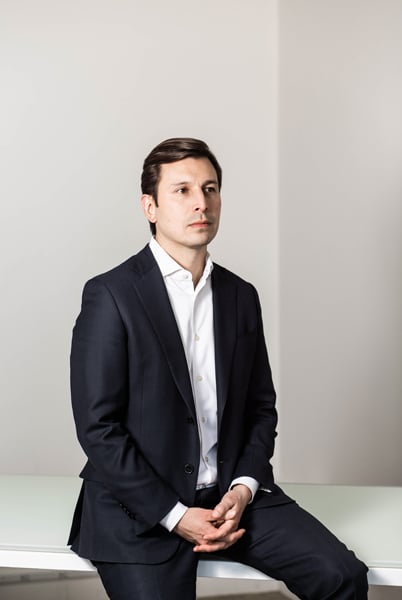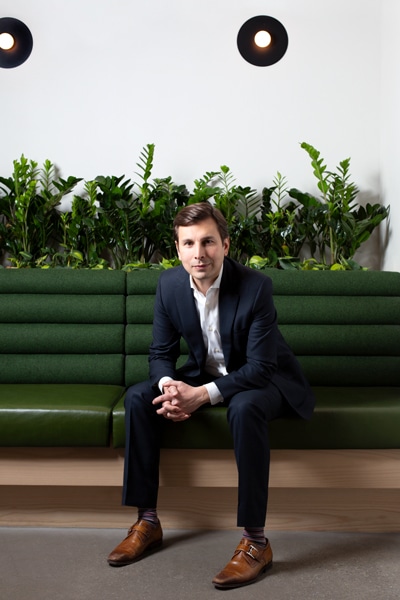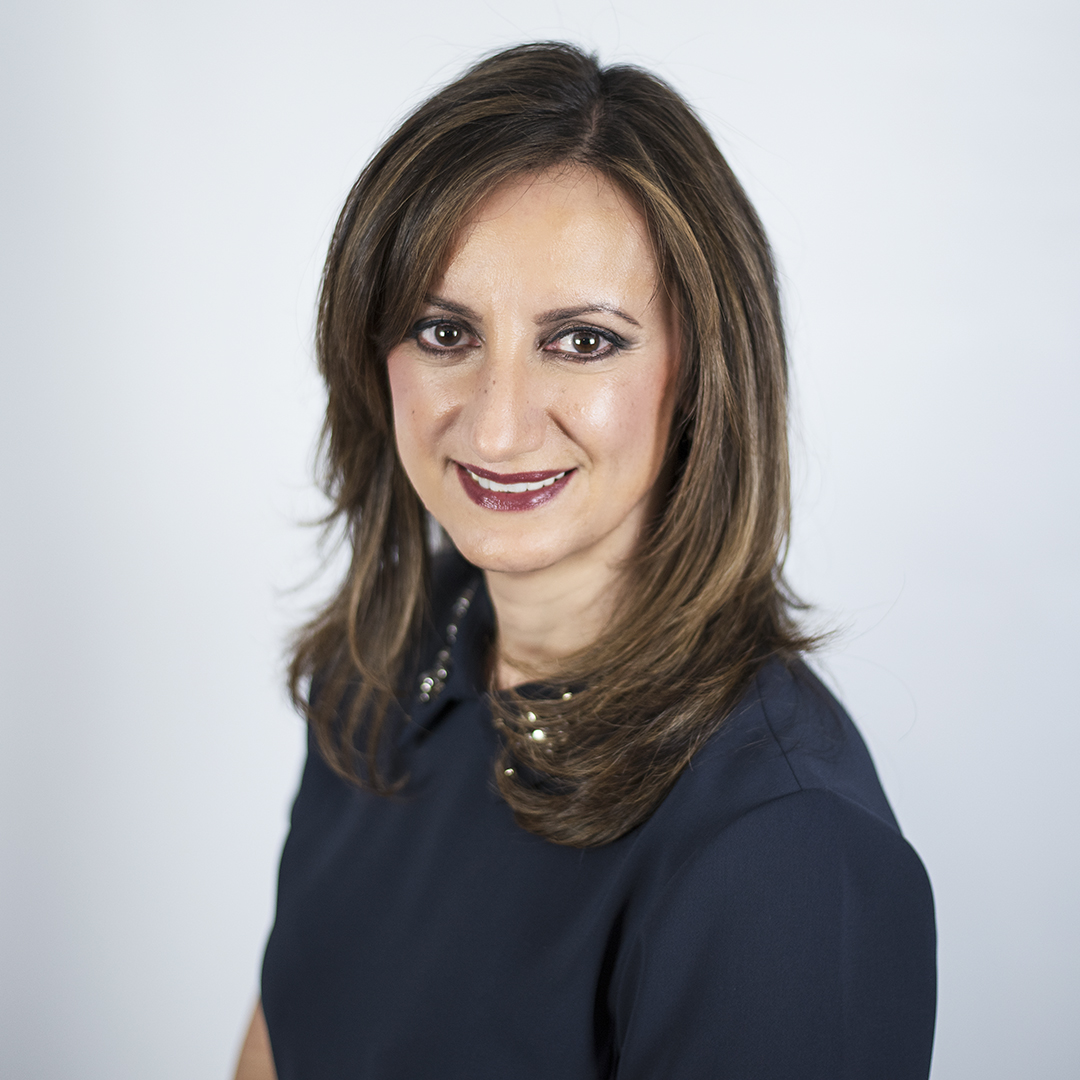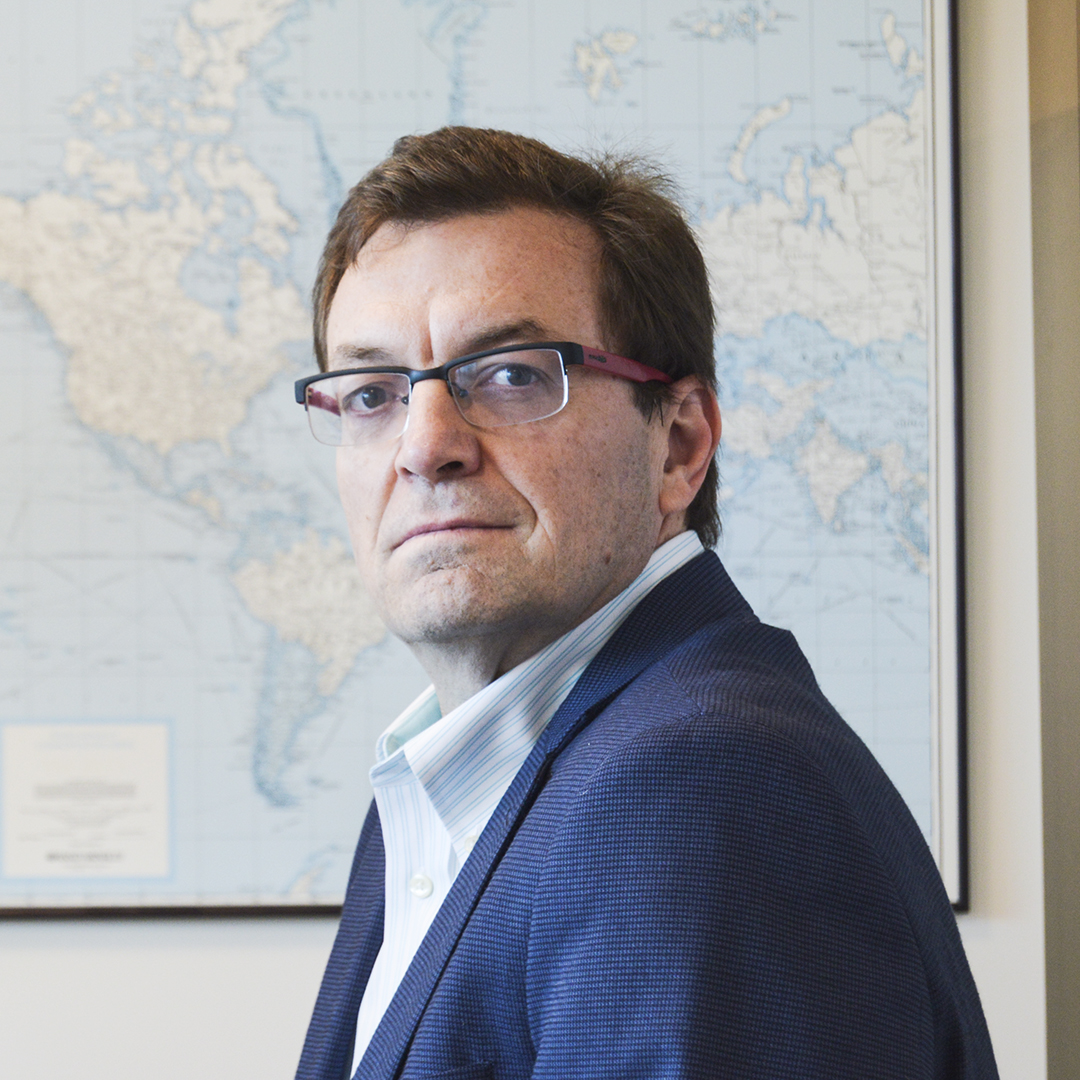|
Getting your Trinity Audio player ready...
|
Before cellular phones and international calling plans, Miguel Myhrer remembers his father using a ham radio to communicate with their extended family in Ecuador. It was Myhrer’s first real introduction to communication technologies, but it wouldn’t be his last.
Now a managing director with Accenture’s North American Communications practice, Myhrer has spent twenty years at the company helping create inroads for new and developing communication technologies and helping find solutions to Accenture clients’ most significant problems. Myhrer—who at one time or another has spoken English, Spanish, French, Swiss German, Danish, and Norwegian—continues to innovate his role by focusing on continuing education and the power of diversity in the conversation.

Myhrer grew up in Europe, living at different times in Copenhagen, Switzerland, and Norway, his father’s home country. Summers were spent in his mother’s home country of Ecuador, attending school and spending time with family. His parents, both educators, put a great deal of emphasis on the importance of education, and it has stuck with Myhrer throughout his entire career.
“I’ve found that one of the hallmarks of any successful person is a commitment to continuous learning,” Myhrer says. “My father was the first in his family to attend university, and he and my mother really helped make education a foundational tenet.”
That focus on education is paramount to Myhrer’s development of staff at Accenture. “How do you ensure that talent is learning the skills for tomorrow?” he asks. “You have to be committed to understanding and embracing new technologies and new ways of approaching an old problem.”
“How do you ensure that talent is learning the skills for tomorrow? You have to be committed to understanding and embracing new technologies and new ways of approaching an old problem.”
Embracing new perspectives also goes hand in hand with Myhrer’s continuing emphasis on inclusion and diversity. While attending Georgia Tech, he found that the university’s makeup of people from many different backgrounds—both in the US and globally—made him feel at home. After all, he had many different cultural experiences growing up, as his familial and friend interactions often spanned cultures and countries.
“The perspective of one, two, three, and sometimes four different cultures among my own family and friends provides a way to further enrich one’s own perspective,” Myhrer says. “In my career I’ve found that, in gaining multiple points of view, one makes decisions in a much more informed way. That really can’t be overstated.”
For Myhrer, valuing diversity includes recognizing his own biases when it comes to approaching a problem. “My father is a physicist, and I am an engineer. At Accenture, however, I’m surrounded by others with varying skillsets, which is the best way to solve things,” he says.
Myhrer recalls a meeting with executives at a global wireless operator in Germany, who were focused on the rollout of the 3G handset and network in the mid-2000s. “There was my client, who was German, and other client executives were from Brazil, Poland, the UK, Spain, and Argentina,” he says. “Each individual brought a different perspective to this complex topic, and it turned out to be an amazing outcome for our client and for us. It felt like being at the United Nations.”

Myhrer says he loves the problems that seem hardest to solve, which is evident in his work at Accenture. He calls to light two issues in particular involving the fast deployment of innovative capabilities where Accenture is focused on the benefits not only to clients, but to society.
The first is one of the largest challenges facing the communications industry: how will the next generation of wireless technology fuel the next generation of economic growth? By taking an innovative approach, Myhrer and others across Accenture are working with global carriers to accelerate their deployment of fiber networks and 5G.
“We’re taking the vision of 5G and working closely working with our clients by first making it an economic reality, orchestrating tens of thousands of people to achieve the single goal of an accelerated deployment,” Myhrer says. “That requires an immense understanding of very discreet areas, such as the design of fiber networks, Optical Distribution Networks, 5G, permitting at municipalities, and construction management.” To Myhrer, this illustrates the power of diverse viewpoints as essential in helping clients find solutions to problems that, from the initial impetus, look daunting.
“Each of the ways we advise the communications industry marries innovation and execution. The reason we are what we are today is because of those two tenets.”
Another issue at the forefront of the industry is: how do communications companies reimagine engagement with their subscribers?
“We’re looking at how to transform the customer experience for mobile operators, including when subscribers call a call center,” Myhrer says. “How do you improve the experience while also reducing costs in a significant way?” Solving this requires harnessing expertise in areas such as artificial intelligence, human and machine interactions, call-center knowledge, systems knowledge, and user experience.
“These projects are massive in scale, and they have the capability to lay the foundation for long-term growth,” he says. “This massive scale will carry society and our clients into the future.”
Solving problems also requires what Myhrer considers another tenet of his development: knowing one’s craft. It may sound simple, but as technologies evolve at increasingly faster speeds, the complexity of those technologies increases as well, and those unwilling to grow in their own technology roles will quickly be by the wayside.
Myhrer says that Accenture’s commitment to transparency, especially when tackling such wide-ranging and challenging problems, is what sets the firm apart. “We have made our plan clear and we’ve been very public about it,” he says. “We have stated goals of our organization being 50 percent women by 2025, and we’ve been very clear about creating more female and diverse managing directors.” As Myhrer states, having clear goals and plans bring out the best in everyone.
Over the past two decades, Myhrer has helped lead double-digit growth at Accenture’s North American Communications, Media, and Technology practice by committing to clients’ most difficult problems in innovative ways.
“Each of the ways we advise the communications industry marries innovation and execution,” he says. “The reason we are what we are today is because of those two tenets.”

